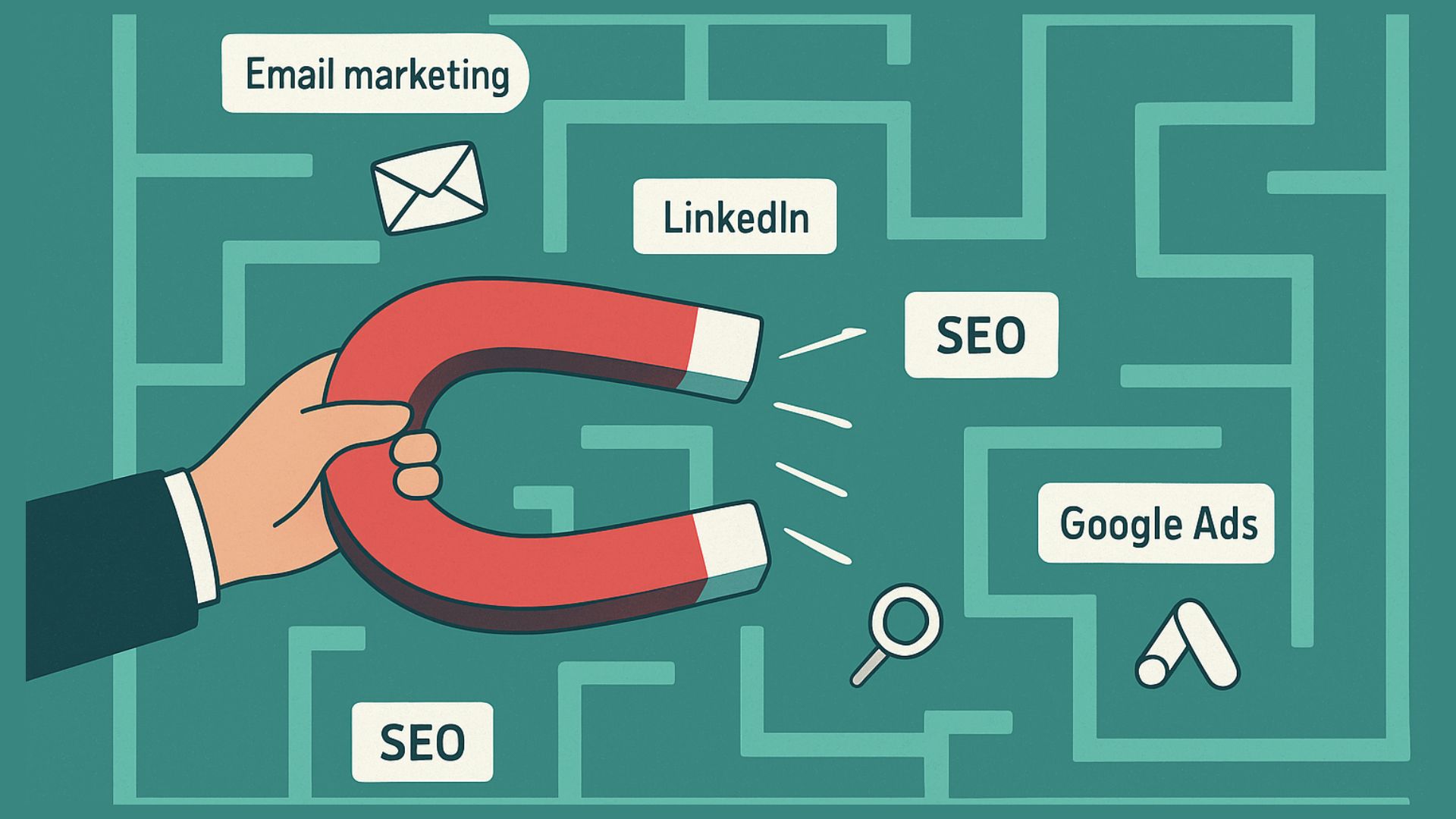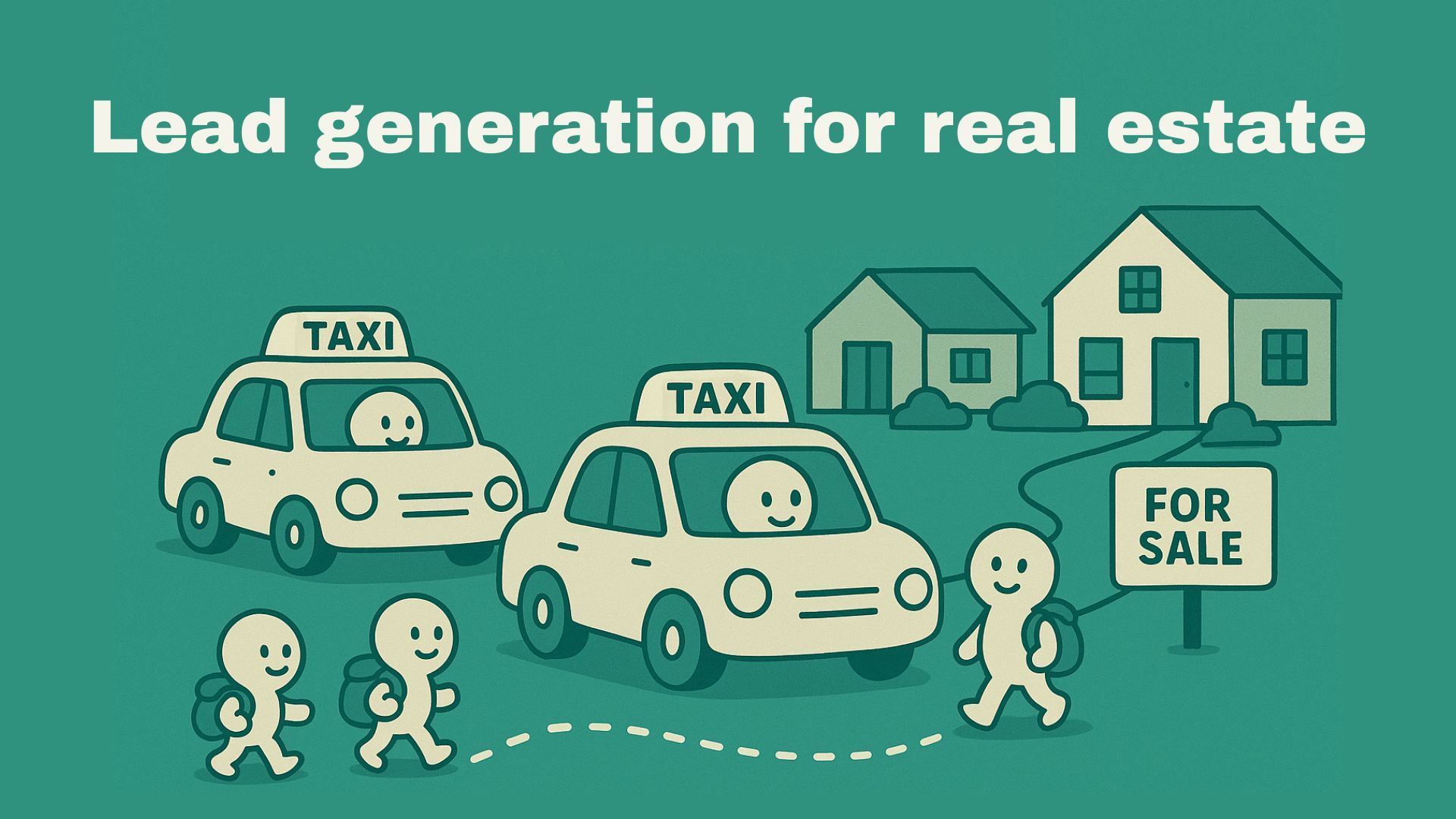

"In looking for people to hire, you look for three qualities: integrity, intelligence, and energy. And if they don't have the first, the other two will kill you."
-Warren Buffett, American investor and philanthropist
In an era defined by informed consumers and heightened expectations, ethical conduct in sales is a necessity. Sales ethics encompasses honesty, integrity, transparency, and respect- qualities that not only shape individual reputations but also build lasting trust and credibility for the organization.
However, the path to ethical sales is often filled with challenges. Take, for example, the case of Volkswagen’s emissions scandal.
In September 2015, the Environmental Protection Agency (EPA) discovered that Volkswagen had installed software in its vehicles to cheat emissions tests, falsely advertising the cars as environmentally friendly when they were emitting far more pollutants than allowed by law. While the company’s sales targets were met and exceeded, the ethical breach cost them billions in fines and lawsuits.
They chose an unethical path to achieve short term goals and are stuck with a broken reputation even today. This instance exemplifies the need to practice ethical selling.
Let’s explore this topic in detail, shall we?
What is sales ethics?
Why is sales ethics important?
- Aids in building trust and credibility
- Enhances brand integrity
- Ethical culture encourages collaborative environment among sales teams
- Promotes better customer satisfaction
- Reduces legal and financial risks
- Leads to higher customer retention
- Leads to long term success and sustainable growth
What are the 6 principles of ethical selling?
Be honest & transparent
Be truthful about the features, limitations and pricing of your product and service. Customers value honesty and are more likely to come back if they know that they can trust you.
Take consent & be respectful
Ensure that you always take the customer’s consent before using their data and take measures to store it safely.
Guide, don’t manipulate
Avoid aggressive sales tactics, misinformation, or fear-based selling just to hit quota. Ethical salespeople guide rather than push, helping customers make informed decisions on their own terms.
Maintain a care & value-first approach
Keep your focus on providing value and not just closing deals. When you recommend a solution that’s truly beneficial to the customer even if it means a smaller sale, you build credibility and long term loyalty.
Practice accountability and integrity
If something goes wrong, own it. Apologize, rectify the issue, and learn from the experience. Accountability on your side shows integrity and often turns unhappy customers into loyal ones.
Honour commitments
If you commit to something, always follow through. Customers come back to a brand that they know is reliable and true to their word.
What are the top 5 ethical sales KPIs?
Customer satisfaction score (CSAT)
This measures post sale satisfaction of customers. High CSAT often indicates honesty, clear communication, and ethical behavior.
Customer retention rate
This tracks the number of customers who continue doing business with you. Ethical sales practices promote long-term trust and loyalty.
Net promoter score(NPS)
This measures how likely customers are to recommend your product or service. A strong NPS signals customer confidence in your integrity
Compliance training completion rate
This tracks if sales reps have completed required ethics and compliance modules and ensures that reps stay updated on legal and regulatory standards. Regular training also reduces mistakes and violations.
Customer complaints related to misrepresentation
This monitors how often customers are misled and is useful for spotting communication or expectation issues.
Key areas of legal and regulatory compliance in ethical sales
Data privacy laws (e.g., GDPR, CCPA)
These laws govern how personal data is collected, used, stored, and shared. They aim to protect individuals' privacy rights.
Compliance
- Obtain explicit consent before collecting personal information.
- Be transparent about data usage policies.
- Implement robust security measures to protect data.
- Provide individuals with the right to access, correct, or delete their data.
- Stay updated on regional laws.
Example: Ensure that your website has a clear privacy policy and cookie consent banner.
Anti-bribery and corruption laws (e.g., FCPA, UK Bribery Act)
These laws prohibit offering, receiving, or soliciting anything of value to influence a business decision improperly.
Compliance
- Never offer or accept bribes or kickbacks.
- Maintain accurate and transparent records of all transactions.
- Learn about anti-bribery policies.
Example: Do not offer gifts or payments to secure a contract if it violates these laws.
Fair competition regulations( Antitrust laws)
These laws promote fair market competition and prevent anti-competitive practices.
Compliance
- Avoid price-fixing or agreements to divide markets with competitors.
- Do not engage in predatory pricing or other anti-competitive behavior.
- Be aware of antitrust laws in your region.
Example: Do not collude with competitors to set prices.
Consumer protection laws
These laws protect consumers from unfair or deceptive business practices.
Compliance
- Ensure contracts and policies are clear and fair.
- Provide accurate information about products and services.
- Handle consumer complaints promptly and fairly.
- Comply with warranty and return policies.
Example: Clearly state the terms of any warranty or return policy.
Contract law
Contracts must be legally binding and enforceable.
Compliance
- Ensure all contract terms are clear and agreed upon by both parties.
- Obtain proper signatures and documentation.
- Comply with all contractual obligations.
Example: Clearly outline payment terms, delivery schedules, and service agreements in contracts.
How to tackle challenges while staying ethical?
🎯 The ever consuming pressure to hit targets
Challenge: You might feel tempted to stretch the truth just to close a deal.
Solution: Keep your focus on solving the actual problems of the customers and stick to solutions that genuinely fit their needs.
🤔 To cross or not to cross the line
Challenge: There may be times when it may be unclear whether something’s ethical or not.
Solution: When in doubt, always ask! Follow the company’s code of ethics and use real-life scenarios that are covered in training to guide your decisions.
🤡Customers asking for “favours”
Challenge: Some customers might push for unauthorised or unreasonable discounts.
Solution: Politely decline and loop your manager in if necessary.
😵💫Fear of losing momentum by being honest
Challenge: When you’re practicing ethical sales, you may feel like you’re winning slowly.
Solution: Playing the slow, long game will benefit you in the long run. Customers will come back often because they know that they can trust you.
💀Competitors playin’ the dirty game
Challenge: Competitors may lie or mislead customers to close deals.
Solution: Don’t stoop to their level. Instead, double down on transparency. Show prospects why they can trust you long after the contract’s signed.
🙈Accidentally(?) breaking the rules
Challenge: You may accidentally break GDPR or data privacy laws.
Solution: Keep yourself informed and always ask when you’re in doubt to avoid accidental errors.
{{callout-3}}
If you’re ever in doubt about whether you’re being ethical or not, feel free to use this checklist I prepared for you! You’re welcome :D
How Patagonia’s commitment to environmental ethics helps drive success?
Branding that resonates: Patagonia’s bold environmental commitments attract conscious consumers who want their purchases to reflect their beliefs.
Transparency: The brand openly shares its environmental impact, gaining customer trust through honesty and accountability.
Customer loyalty based on shared values: Customers buy more than just the gear; they buy into shared values, creating strong brand loyalty and word-of-mouth advocacy.
Ethics as a differentiator: Ethics help Patagonia stand out in a crowded market, justifying premium pricing and encouraging repeat purchases.
Sustainable practices: Programs like ‘Worn Wear’ extend product life, reduce waste, and keep customers engaged long-term.
Patagonia proves that ethics and profits aren’t at odds. By putting the planet first, it wins customer trust and drives sales in a way that’s sustainable for everyone
Heading text
Nunc sed faucibus bibendum feugiat sed interdum. Ipsum egestas condimentum mi massa. In tincidunt pharetra consectetur sed duis facilisis metus. Etiam egestas in nec sed et. Quis lobortis at sit dictum eget nibh tortor commodo cursus.
Odio felis sagittis, morbi feugiat tortor vitae feugiat fusce aliquet. Nam elementum urna nisi aliquet erat dolor enim. Ornare id morbi eget ipsum. Aliquam senectus neque ut id eget consectetur dictum. Donec posuere pharetra odio consequat scelerisque et, nunc tortor.
Nulla adipiscing erat a erat. Condimentum lorem posuere gravida enim posuere cursus diam.
.svg)






